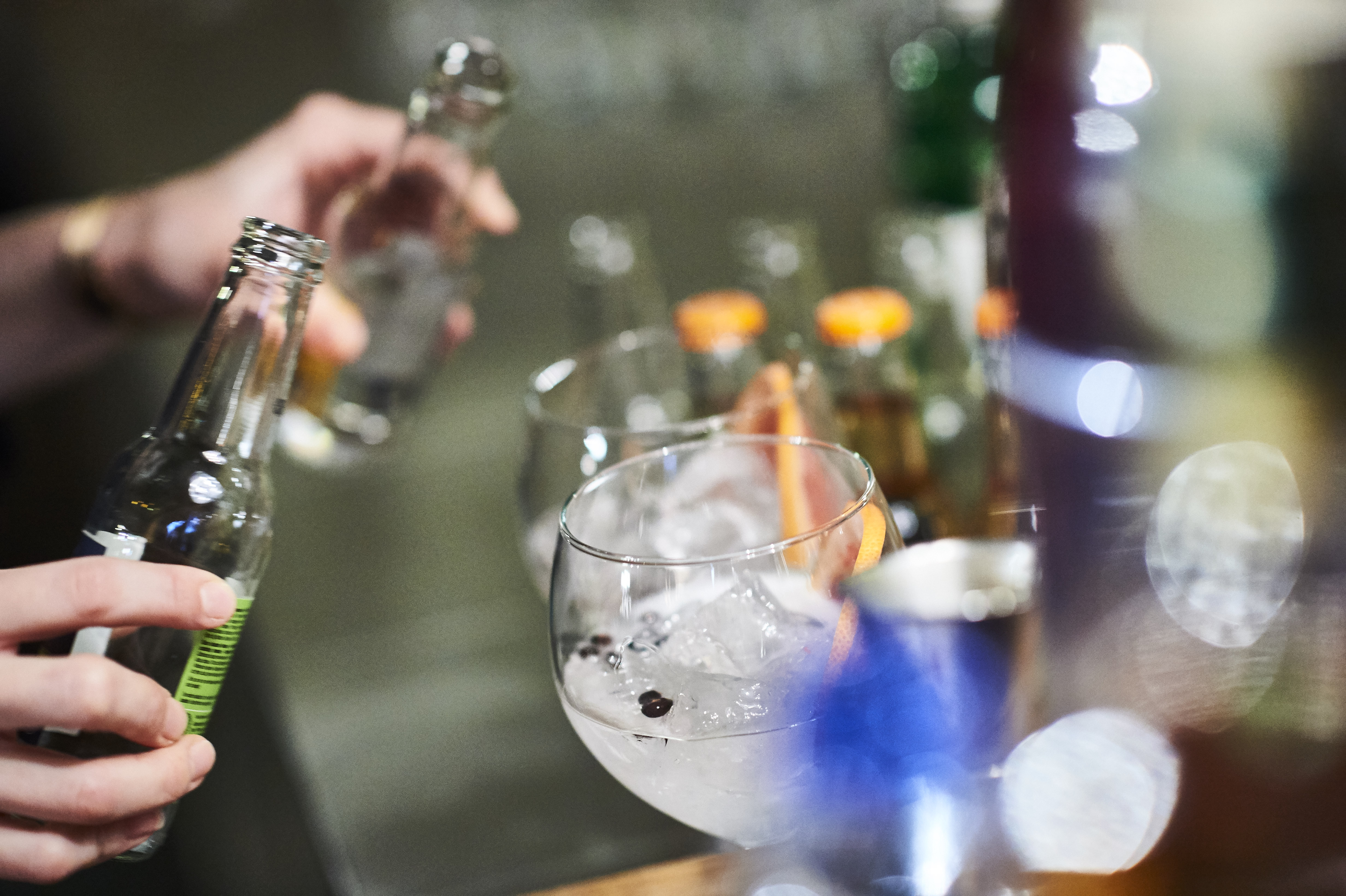
COVID-19-related restrictions and lockdowns hit hard in 2020 and did not spare the spirits sector. The collapse of the on-trade business in bars and restaurants, the complete fall off in visitor numbers at distilleries and other major tourist attractions, and the sharp declines in airport sales had an unprecedented impact. For instance, the European travel retail sector reported plummeting sales in airports and duty-free shops, caused by a -70% decrease in passenger traffic in 2020 compared to 2019.
A new analysis commissioned by spiritsEUROPE and carried out by the Institute of Advanced Studies in Vienna (Austria) confirms the negative impact. In 2020, the turnover of European spirits producers declined by -8.9% in EU+ (EU27, UK, Norway, Switzerland), while the sector’s overall economic contribution in Gross Value Added (GVA) fell by almost one quarter (-24%). The losses in the on-trade business could not be compensated by off-trade sales in supermarkets and other retailers. In certain European countries such as Germany, Slovakia, Czech Republic, Malta and Portugal, even off-trade sales declined.
The Covid crisis did not spare the spirits sector. On-trade closures had a domino effect on the entire production and supply chain. The report shows that they did not just lead to an overall decline in the production and sales of spirits drinks, but also saw a loss of employment for 320,000 people in the hospitality sector which lost more than one quarter of their employees within one year. This poses a difficult challenge in the coming years as governments will need to continue to support the recovery of this important sector that offers stable employment for many people.
The report also shows that consumers in southern Europe (especially Spain, Greece, Portugal, Cyprus and Malta) cut their spirits purchases by almost a third. Spirits consumption remained relatively unchanged between 2019 and 2020 in countries such as Norway and Sweden which saw technical increases of about 20%. However, it must be noted that cross-border shopping, which accounts for a considerable share of the overall consumption in these countries, grinded to a near-complete halt during the lockdowns.
“The crisis hit all players across the whole spirits supply chain hard. The spirits sector is made up of a myriad of small distillers. We should keep in mind that they have been the ones suffering the most in this situation. What Europe’s distillers and our value chain partners need now is structural support and a favourable policy environment to become once again an engine for jobs and growth in rural areas,” Adam concluded.
The direct impact of this dark picture can be seen in tax collection which declined by 19%, half of which is directly associated to declines in VAT and excise duty collection. However, going forward, policy makers should resist the temptation to increase taxes and instead adopt a tax policy approach that would help recovery rather than hindering it.
To read the updated report, please click here.